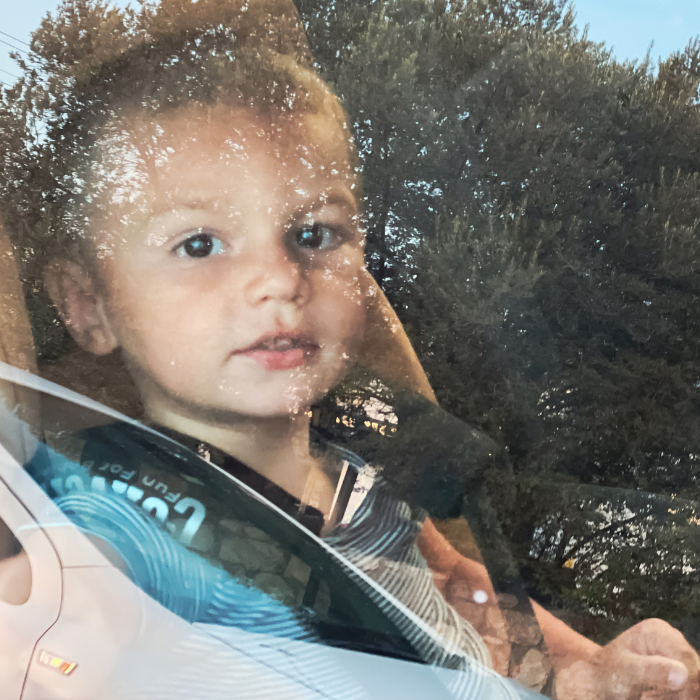
Coming to terms with your child’s rare disorder diagnosis can be a challenging process. Our friends at Rare Disorders New Zealand (raredisorders.org.nz) have some practical and compassionate advice.
It is surprisingly common to have a rare disorder – in New Zealand it is estimated that 300,000 people live with a rare disorder, with half of those affected being children.
If you have recently received a diagnosis of your child’s rare disorder, you may feel completely overwhelmed. Adjusting to a new way of life and coping with ongoing uncertainty can feel like an emotional roller coaster ride. But while the journey can be demanding, it is important to remember that there is a way forward.
Here are some top tips on how to cope with a new diagnosis.
GIVE YOURSELF TIME TO GRIEVE
Confusion, powerlessness, sadness, and even disappointment are all normal emotional reactions. Parents or caregivers may find themselves grieving the experiences they imagined having with their child or the loss of what might be considered a “typical” family. Be gentle with yourself during this time. While it may seem like your grief will never pass, parents of children with rare disorders say it does ease over time.
ASK QUESTIONS AT APPOINTMENTS
Prepare by thinking about what you are hoping to get from the appointment. Write down your questions and concerns and prioritise them. Asking questions when you do not understand or when you need more information allows you to make informed decisions on behalf of your child. Questions also provide the opportunity to learn more about available treatments or diagnostic testing, and to understand why your child’s doctor is recommending a specific course of action.
MAKE A MEDICAL FOLDER
Medical professionals are not always aware of your child’s complete medical history or who has been involved in their care. Creating a folder of past and present medications, consultations, and treatments, can help keep medical professionals updated and informed.
TALK TO YOUR CHILD
A parent or caregiver is usually the best person to talk to a child about their rare disorder – and to determine the right time for this discussion. Communicate with your child in a way they can understand and allow them to ask questions.
BE A TEAM
When caring for a child with a rare disorder, one parent or caregiver often takes on the responsibility of attending healthcare appointments and managing medications. Make sure to discuss important information with your partner so they are kept in the loop and included in important decisions.
BEWARE THE GOOGLE RABBIT HOLE
When faced with uncertainty, it is tempting to turn to “Dr Google” for answers. But while the internet can be a source of credible information, it can also be a rabbit hole of misinformation, pseudoscience, and dangerous advice. The trick is learning to separate reputable, trustworthy sources from biased or inaccurate content.
CONNECT WITH OTHER PARENTS
Parents of children with rare disorders offer a unique form of support in that they share similar experiences. If their child is older, they may also have a wealth of knowledge about support services, funding, and credible online resources. (To find a support group for your child’s condition contact Rare Disorders NZ at raredisorders.org.nz)
ACCEPT SUPPORT FROM OTHERS
Family and whānau or friends can be an excellent support when you feel overwhelmed or exhausted. Talking to someone you trust, accepting a homecooked meal, or an offer of childcare can all make a world of difference. Do not be afraid to reach out to loved ones when you need support. Asking for help from others is a sign of strength, not weakness.
NURTURE CONNECTIONS WITH YOUR KIDS
Above all, children appreciate time with their parents or caregivers to help reassure them that they are loved, seen, and valued. Nightly bedtime stories, a weekend treat at a local café, or a special movie night are all ways to nourish parent-child relationships.
REMEMBER TO LOOK AFTER YOURSELF
When days are busy and time is short, it is tempting to push our own needs to the back burner. But while it may seem counter-intuitive, your physical, mental, and emotional wellbeing are essential to giving your child the love and support they need.








